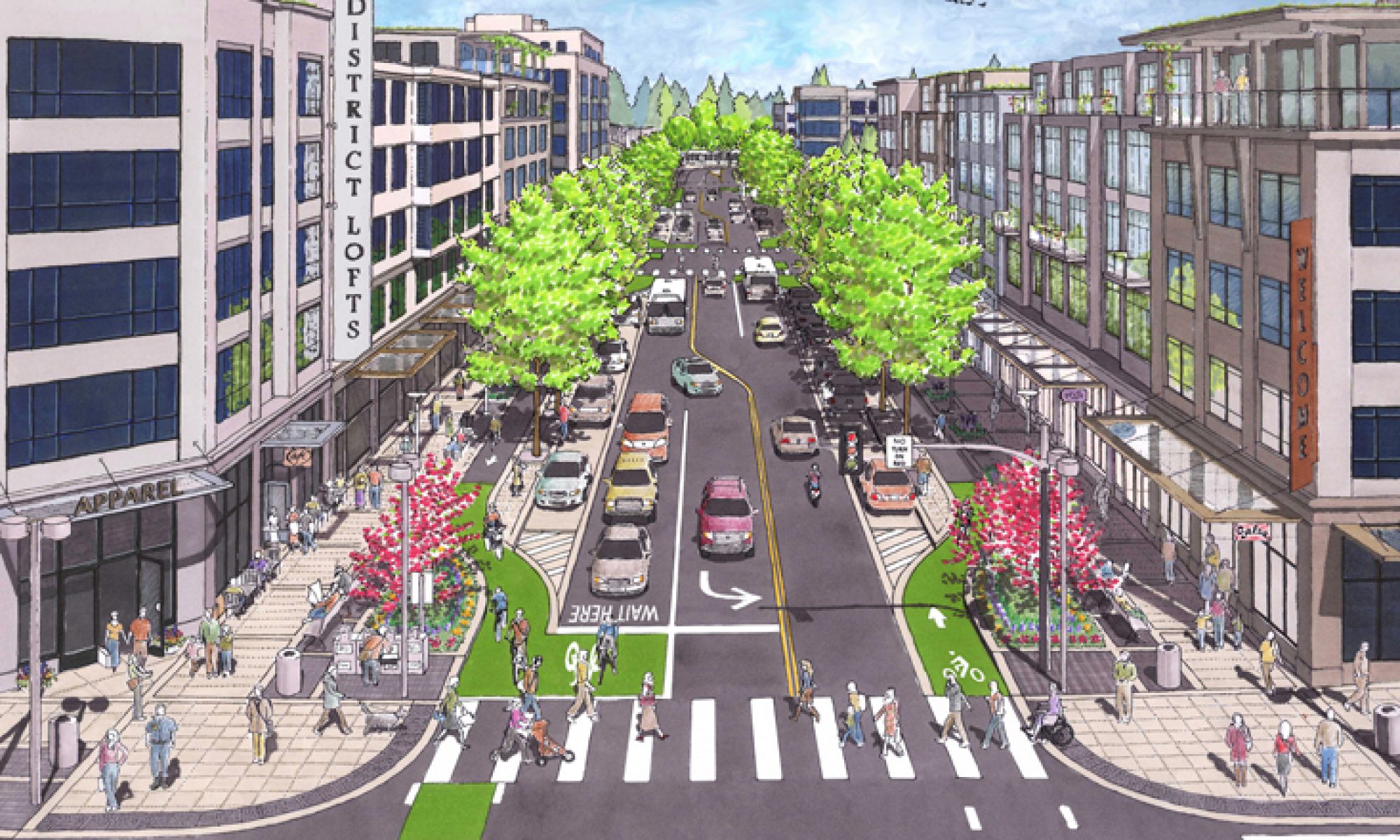OUR LOVE AFFAIR WITH CARS IS KILLING US
Car dependency is an addiction. It’s killing us and killing the planet. It’s a human health epidemic environmentally and physically.
We’ve been enslaved by cars since the titans of the auto industry figured out just like drug dealers that they could sell millions of vehicles with the promise of freedom, happiness, power, and personal identity. Suburbs were designed so that we have to drive everywhere, and a house with a one car garage led to the dream of a two-car garage, bigger and badder vehicles, and toxic car ads like this that appeal to many Americans
When the Surgeon General’s report came out in 1964, tobacco companies needed to figure out how to promote “safe” smoking, knowing that it was impossible. (They’re still trying with vaping.) The auto industry is doing the same thing, promoting vehicles with the promise that AI technology will bring about safe driving, knowing it’s impossible anywhere in the near future. The industry keeps looking for ways to convince us that car dependency can work, and that driving is a human need and a human right.
In the conclusion of this interview the Peter Norton, author of Autonorama. The Illusory Promise of High-Tech Driving, says,
““How can we free ourselves from car dependency?” That doesn’t mean freeing ourselves from all cars all the time. It’s freeing ourselves from a world where if you don’t have a car you’re doomed, because you can’t get to work.
The accommodation of car dependency is the perpetuation of car dependency. That statement applies to high-tech car dependency every bit as much as it does to conventional car dependency.”
The Dangerous Promise of the Self-Driving Car
In his new book, historian Peter Norton punctures the claims of autonomous vehicle companies and warns that technology can’t cure the urban problems that cars created.
Bloomberg CityLab’s David Zipper recently spoke with the author about the allure of autonomy and the battle to break America’s car habit.
“If we could go back to the 1990s and hear Purdue Pharma talk about OxyContin solving everyone’s problems, we’d be in righteous wrath. We’ve fallen for it with opioids; we don’t have to fall for it with autonomous vehicles.”
In your book you also compare autonomous vehicle research to health research funded by tobacco companies in the 1950s. Are you suggesting that autonomous vehicle companies know that their products will damage society, but still insist on going forward?
“Yes, that’s exactly what I mean. Although to say that the autonomous vehicle companies “know it” might be a little unfair, because they really don’t care. They’re trying to get ahead in an intensely competitive environment, and the company that cares about reality is going to be the loser, because it will limit its deployment.”







